Discover the groundbreaking advancements in robotics as Annie Jacobsen and Joe Rogan discuss a startling innovation: a robot made from living human skin. This fascinating creation not only smiles but raises ethical questions about the future of artificial humans. How close are we to creating a fully artificial person? Join the conversation about the implications of these technologies, especially in countries with different regulations. Don’t miss this eye-opening discussion!
Category: innovation – Page 43
Living robot skin
In a scientific breakthrough, Japanese scientists have found a way to attach artificially created living skin to robot faces for more realistic smiles and facial expressions.
#japan #robots #wion.
About Channel:
WION The World is One News examines global issues with in-depth analysis. We provide much more than the news of the day. Our aim is to empower people to explore their world. With our Global headquarters in New Delhi, we bring you news on the hour, by the hour. We deliver information that is not biased. We are journalists who are neutral to the core and non-partisan when it comes to world politics. People are tired of biased reportage and we stand for a globalized united world. So for us, the World is truly One.
Please keep discussions on this channel clean and respectful and refrain from using racist or sexist slurs and personal insults.
Check out our website: http://www.wionews.com.

Reality is not revealed by quantum mechanics
“According to Hooke, microscopes, like telescopes, put us on the cusp of doing what philosophers from Antiquity onwards had always tried to do, namely, understand the fundamental nature of reality,” writes assistant professor in philosophy, Peter West.
The idea that we can discover the fundamental level of reality might be alluring, but it’s based on a faulty philosophy, not science, argues Peter West.
Tap to read more about his beliefs that reality is not revealed by quantum mechanics.
The craze with all things quantum is not just because of its inherent weirdness. It’s motivated by a reductionist impulse that has been animating science from Robert Hooke in the 17th century to Stephen Hawking in the 21st. The idea that we can discover the fundamental level of reality might be alluring, but it’s based on a faulty philosophy, not science, writes Peter West.
The idea that reality is reducible to its most fundamental parts still animates much of science, particularly physics and philosophy. The craze with all things quantum is partly animated by this thought: understand quantum mechanics, the way that matter behaves at the smallest level known to us, and you’ve understood everything. But this philosophical impulse — because contrary to belief, it’s not scientific — that the microscopic holds the key to the secrets of the universe, is much older than quantum mechanics. It goes back at least all the way to the 17th century and the invention of the microscope. Some of the best critiques of reductionism also date from the same century: Size doesn’t matter, the very small is just one realm of reality among many, with no special privilege.
Sign up to get exclusive access.
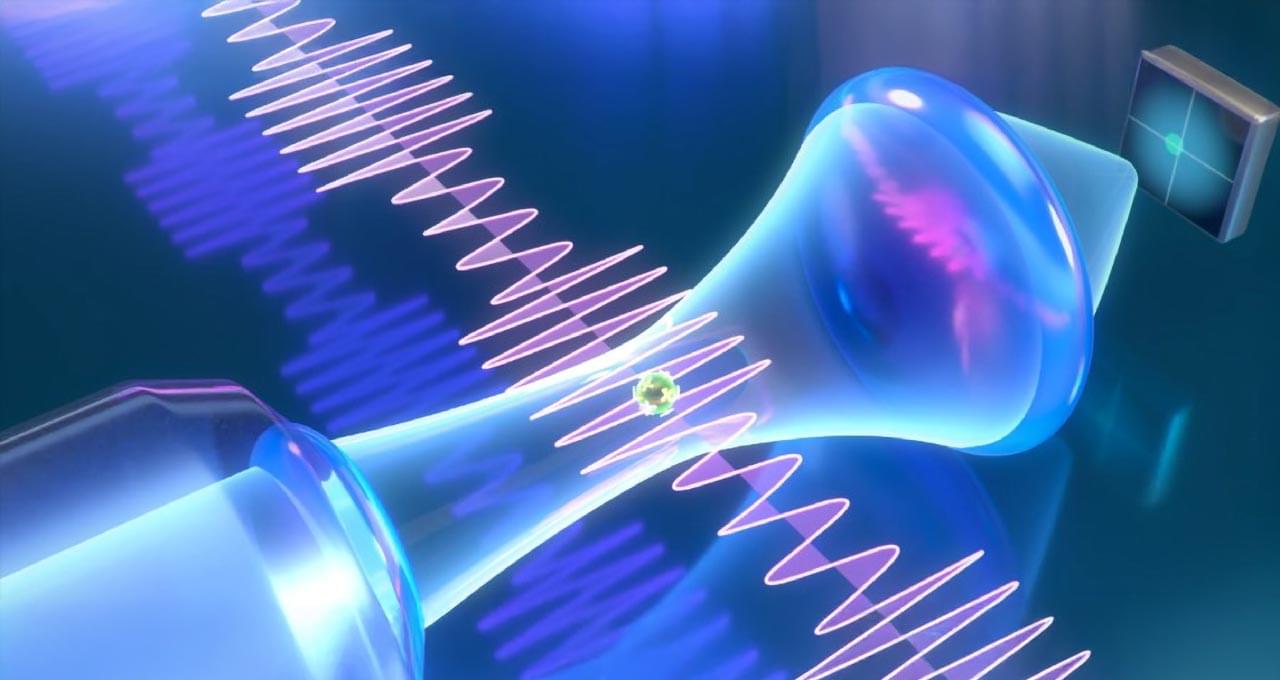
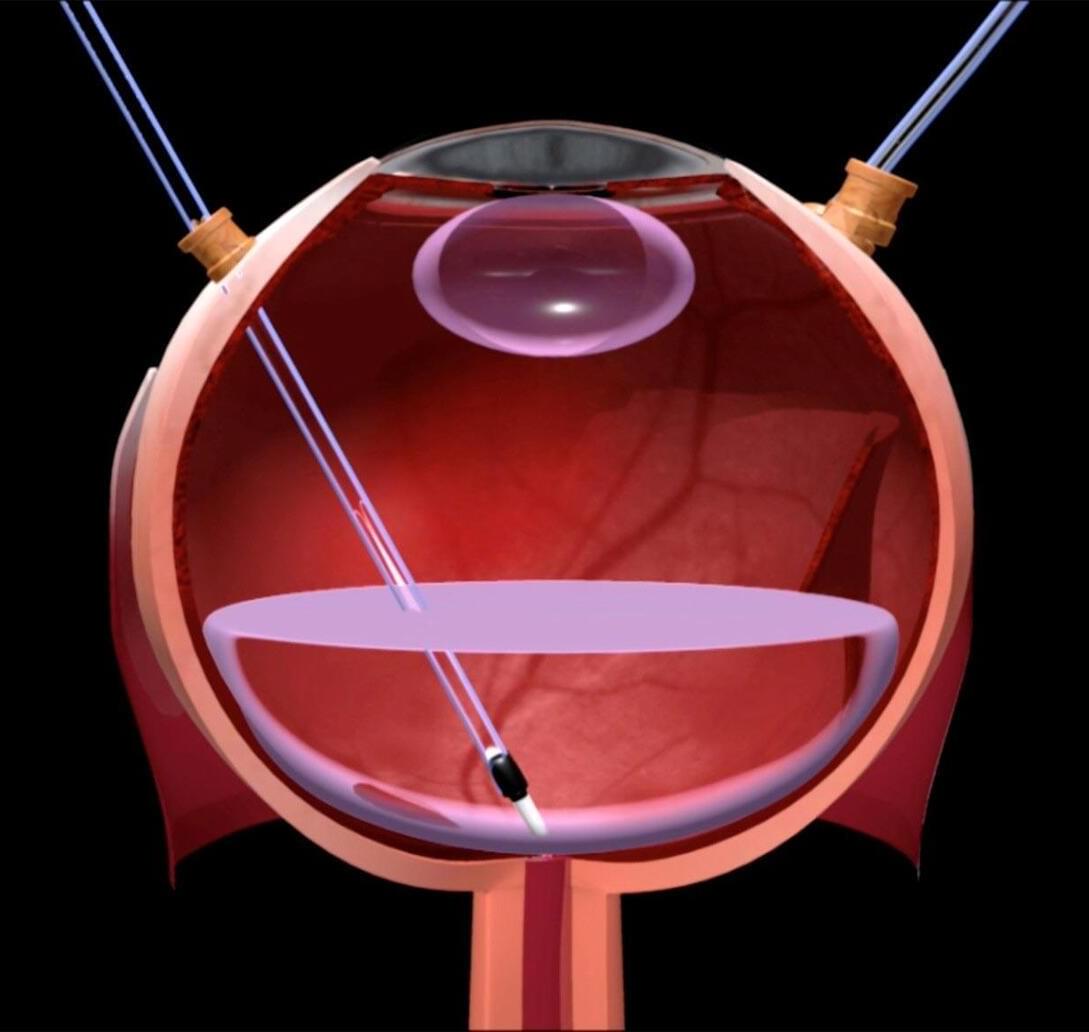
Breakthrough Stem Cell Therapy Could Restore Vision for AMD Patients
A study suggests that patients with wet AMD may regain vision through a novel approach — removing abnormal blood vessels and transplanting stem cell-derived retinal cells.
Patients with complete vessel removal saw better outcomes, hinting at a potential game-changer for vision restoration.
The devastating impact of wet AMD.
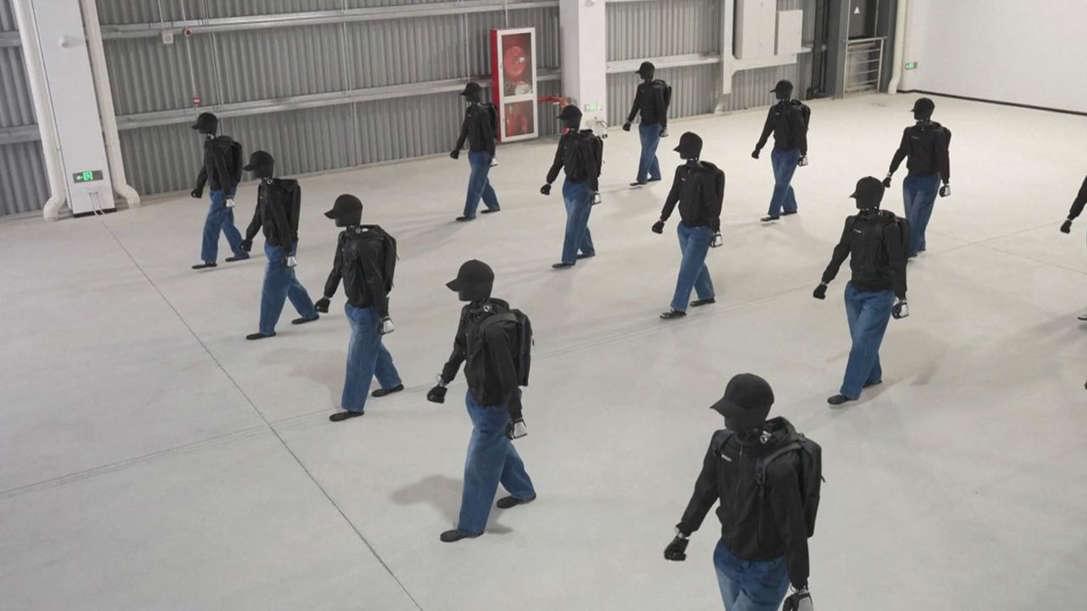
Humanoid robots enter full-scale commercial production in China
A robotic labor force.
Engineering companies in China have begun the process of starting full-scale mass production of humanoid robots in anticipation of a commercial boom in 2025. Companies such as Shanghai Zhiyuan Innovation Technology (AgiBot) and Shanghai Kepler Robot Company have already been testing the robots to optimize performance while reducing production costs.
New Breakthrough: New Light-Based Computer Takes Over!
Take your personal data back with Incogni! Use code INTECH at the link below and get 60% off an annual plan: http://incogni.com/intech.
Timestamps:
00:00 — New Chip Explained.
13:40 — How it compares to GPUs.
The videos I mentioned:
Reversible Computing • New Computer Chip is Defying the Laws…
Probabilistic Computing • Future Computers Will Be Radically Di…
My course on Technology and Investing ➜ https://www.anastasiintech.com/course.
Let’s connect on LinkedIn ➜ / anastasiintech.
More info on Q.ANT: https://qant.com
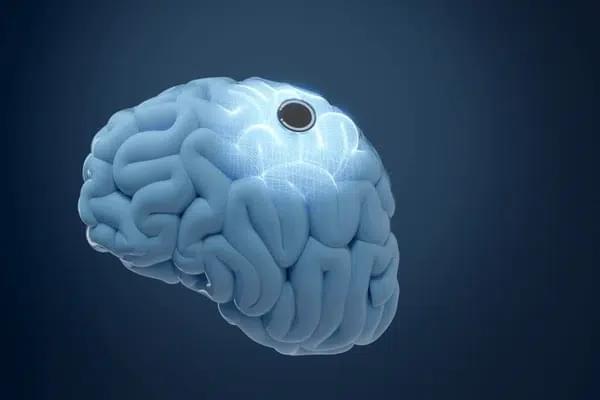
Researchers use 3D printed molds to produce neural interfaces
Neural interfaces are crucial to restoring and enhancing impaired neural functions, but current technologies struggle to achieve close contact with soft and curved neural tissues. According to Pusan National University, researchers have introduced an innovative method – microelectrothermoforming (μETF) – to create flexible neural interfaces with 3D micro-structures. Their findings show how this method improves neural recording and stimulation, with potential applications in artificial retina devices and brain-computer interfaces.
Microelectrode arrays (MEAs) are widely used for recording brain activity and stimulating neural tissues. However, conventional MEAs are typically flat – limiting their ability to conform to the natural curves of neural structures. Existing methods for adding 3D features require multiple fabrication steps – increasing complexity and restricting design possibilities.
To overcome these limitations, a team led by Associate Professor Joonsoo Jeong and Associate Professor Kyungsik Eom developed μETF – inspired by plastic thermoforming, a common technique for molding plastic sheets into different shapes. The findings are published in the journal of npj Flexible Electronics.
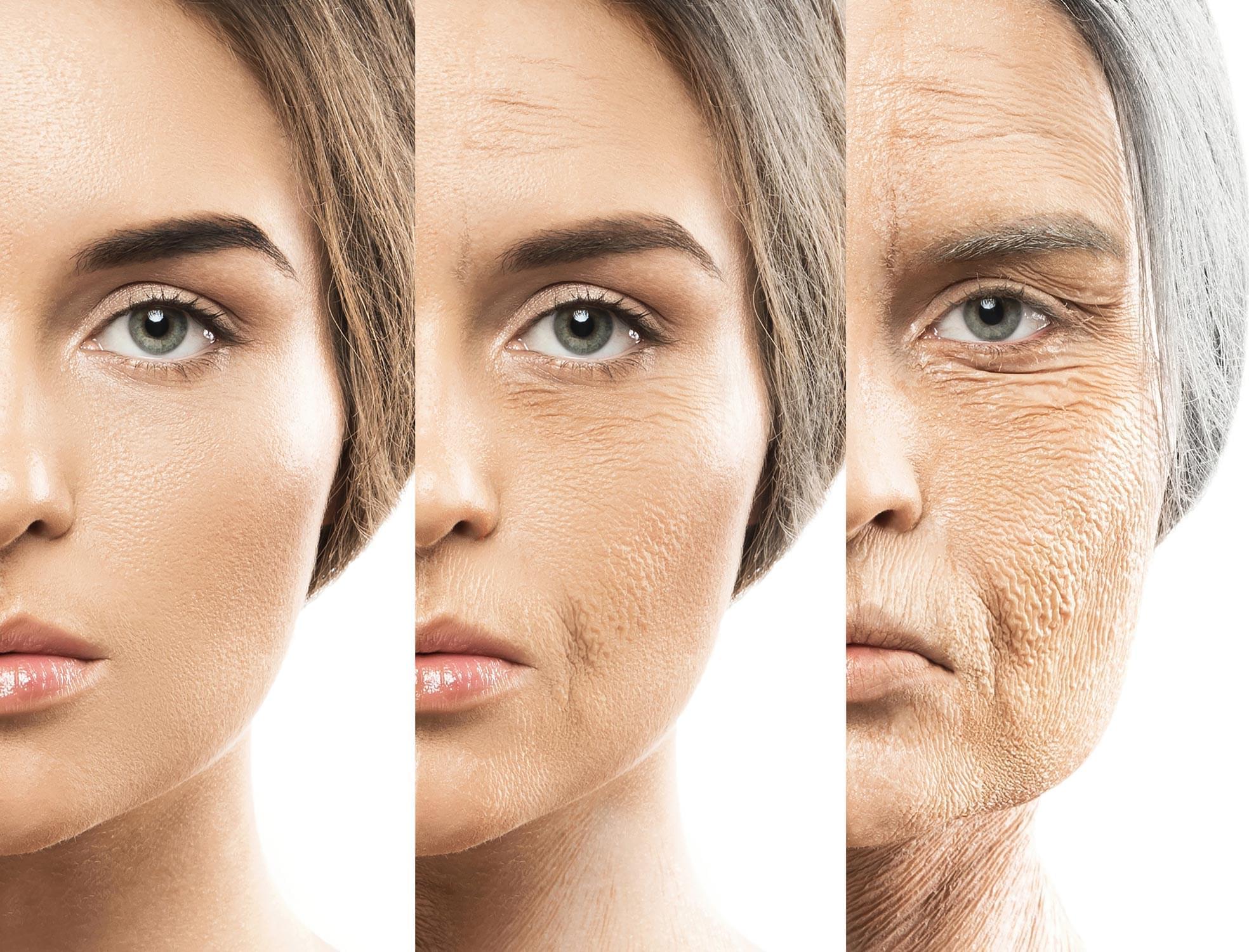
Anti-Aging Breakthrough: Scientists Found a New Way to Stop Wrinkles and Graying Hair
Scientists are uncovering the powerful role hormones play in skin aging, revealing new potential treatments for wrinkles, hair graying, and overall skin health.
While traditional anti-aging hormones like retinoids and estrogen have been widely used, new research highlights a broader range of hormones that influence skin structure, pigment, and resilience.
Hormones and Anti-Aging Potential.
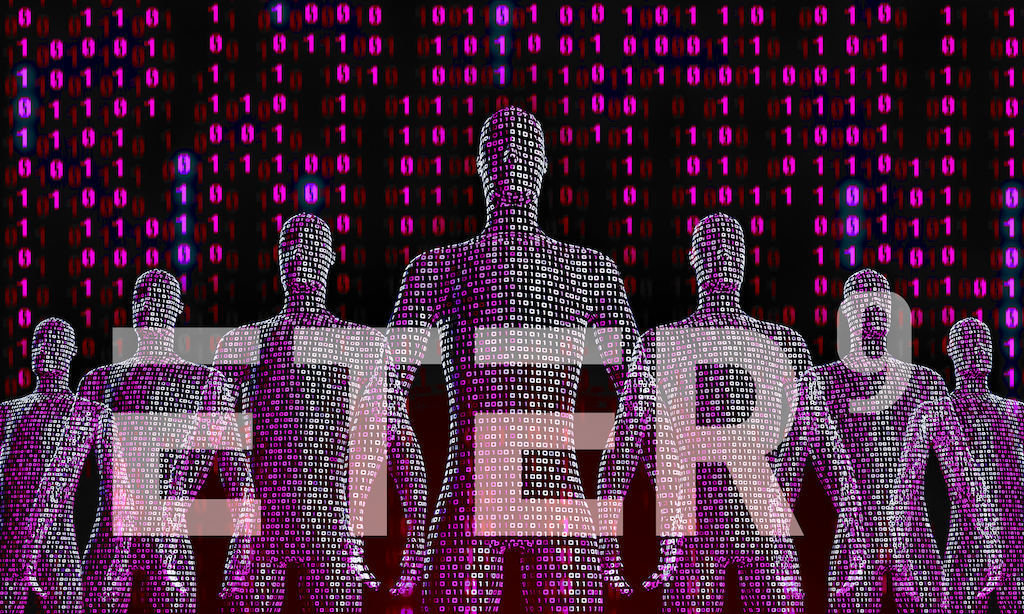
The Symphony of Tomorrow (A Poetic Title for a Serious Reflection)
At the threshold of a century poised for unprecedented transformations, we find ourselves at a crossroads unlike any before. The convergence of humanity and technology is no longer a distant possibility; it has become a tangible reality that challenges our most fundamental conceptions of what it means to be human.
This article seeks to explore the implications of this new era, in which Artificial Intelligence (AI) emerges as a central player. Are we truly on the verge of a symbiotic fusion, or is the conflict between the natural and the artificial inevitable?
The prevailing discourse on AI oscillates between two extremes: on one hand, some view this technology as a powerful extension of human capabilities, capable of amplifying our creativity and efficiency. On the other, a more alarmist narrative predicts the decline of human significance in the face of relentless machine advancement. Yet, both perspectives seem overly simplistic when confronted with the intrinsic complexity of this phenomenon. Beyond the dichotomy of utopian optimism and apocalyptic pessimism, it is imperative to critically reflect on AI’s cultural, ethical, and philosophical impact on the social fabric, as well as the redefinition of human identity that this technological revolution demands.
Since the dawn of civilization, humans have sought to transcend their natural limitations through the creation of tools and technologies. From the wheel to the modern computer, every innovation has been seen as a means to overcome the physical and cognitive constraints imposed by biology. However, AI represents something profoundly different: for the first time, we are developing systems that not only execute predefined tasks but also learn, adapt, and, to some extent, think.
This transition should not be underestimated. While previous technologies were primarily instrumental—serving as controlled extensions of human will—AI introduces an element of autonomy that challenges the traditional relationship between subject and object. Machines are no longer merely passive tools; they are becoming active partners in the processes of creation and decision-making. This qualitative leap radically alters the balance of power between humans and machines, raising crucial questions about our position as the dominant species.
But what does it truly mean to “be human” in a world where the boundaries between mind and machine are blurring? Traditionally, humanity has been defined by attributes such as consciousness, emotion, creativity, and moral decision-making. Yet, as AI advances, these uniquely human traits are beginning to be replicated—albeit imperfectly—within algorithms. If a machine can imitate creativity or exhibit convincing emotional behavior, where does our uniqueness lie?
This challenge is not merely technical; it strikes at the core of our collective identity. Throughout history, humanity has constructed cultural and religious narratives that placed us at the center of the cosmos, distinguishing us from animals and the forces of nature. Today, that narrative is being contested by a new technological order that threatens to displace us from our self-imposed pedestal. It is not so much the fear of physical obsolescence that haunts our reflections but rather the anxiety of losing the sense of purpose and meaning derived from our uniqueness.
Despite these concerns, many AI advocates argue that the real opportunity lies in forging a symbiotic partnership between humans and machines. In this vision, technology is not a threat to humanity but an ally that enhances our capabilities. The underlying idea is that AI can take on repetitive or highly complex tasks, freeing humans to engage in activities that truly require creativity, intuition, and—most importantly—emotion.
Concrete examples of this approach can already be seen across various sectors. In medicine, AI-powered diagnostic systems can process vast amounts of clinical data in record time, allowing doctors to focus on more nuanced aspects of patient care. In the creative industry, AI-driven text and image generation software are being used as sources of inspiration, helping artists and writers explore new ideas and perspectives. In both cases, AI acts as a catalyst, amplifying human abilities rather than replacing them.
Furthermore, this collaboration could pave the way for innovative solutions in critical areas such as environmental sustainability, education, and social inclusion. For example, powerful neural networks can analyze global climate patterns, assisting scientists in predicting and mitigating natural disasters. Personalized algorithms can tailor educational content to the specific needs of each student, fostering more effective and inclusive learning. These applications suggest that AI, far from being a destructive force, can serve as a powerful instrument to address some of the greatest challenges of our time.
However, for this vision to become reality, a strategic approach is required—one that goes beyond mere technological implementation. It is crucial to ensure that AI is developed and deployed ethically, respecting fundamental human rights and promoting collective well-being. This involves regulating harmful practices, such as the misuse of personal data or the indiscriminate automation of jobs, as well as investing in training programs that prepare people for the new demands of the labor market.
While the prospect of symbiotic fusion is hopeful, we cannot ignore the inherent risks of AI’s rapid evolution. As these technologies become more sophisticated, so too does the potential for misuse and unforeseen consequences. One of the greatest dangers lies in the concentration of power in the hands of a few entities, whether they be governments, multinational corporations, or criminal organizations.
Recent history has already provided concerning examples of this phenomenon. The manipulation of public opinion through algorithm-driven social media, mass surveillance enabled by facial recognition systems, and the use of AI-controlled military drones illustrate how this technology can be wielded in ways that undermine societal interests.
Another critical risk in AI development is the so-called “alignment problem.” Even if a machine is programmed with good intentions, there is always the possibility that it misinterprets its instructions or prioritizes objectives that conflict with human values. This issue becomes particularly relevant in the context of autonomous systems that make decisions without direct human intervention. Imagine, for instance, a self-driving car forced to choose between saving its passenger or a pedestrian in an unavoidable collision. How should such decisions be made, and who bears responsibility for the outcome?
These uncertainties raise legitimate concerns about humanity’s ability to maintain control over increasingly advanced technologies. The very notion of scientific progress is called into question when we realize that accumulated knowledge can be used both for humanity’s benefit and its detriment. The nuclear arms race during the Cold War serves as a sobering reminder of what can happen when science escapes moral oversight.
Whether the future holds symbiotic fusion or inevitable conflict, one thing is clear: our understanding of human identity must adapt to the new realities imposed by AI. This adjustment will not be easy, as it requires confronting profound questions about free will, the nature of consciousness, and the essence of individuality.
One of the most pressing challenges is reconciling our increasing technological dependence with the preservation of human dignity. While AI can significantly enhance quality of life, there is a risk of reducing humans to mere consumers of automated services. Without a conscious effort to safeguard the emotional and spiritual dimensions of human experience, we may end up creating a society where efficiency outweighs empathy, and interpersonal interactions are replaced by cold, impersonal digital interfaces.
On the other hand, this very transformation offers a unique opportunity to rediscover and redefine what it means to be human. By delegating mechanical and routine tasks to machines, we can focus on activities that truly enrich our existence—art, philosophy, emotional relationships, and civic engagement. AI can serve as a mirror, compelling us to reflect on our values and aspirations, encouraging us to cultivate what is genuinely unique about the human condition.
Ultimately, the fate of our relationship with AI will depend on the choices we make today. We can choose to view it as an existential threat, resisting the inevitable changes it brings, or we can embrace the challenge of reinventing our collective identity in a post-humanist era. The latter, though more daring, offers the possibility of building a future where technology and humanity coexist in harmony, complementing each other.
To achieve this, we must adopt a holistic approach that integrates scientific, ethical, philosophical, and sociological perspectives. It also requires an open, inclusive dialogue involving all sectors of society—from researchers and entrepreneurs to policymakers and ordinary citizens. After all, AI is not merely a technical tool; it is an expression of our collective imagination, a reflection of our ambitions and fears.
As we gaze toward the horizon, we see a world full of uncertainties but also immense possibilities. The future is not predetermined; it will be shaped by the decisions we make today. What kind of social contract do we wish to establish with AI? Will it be one of domination or cooperation? The answer to this question will determine not only the trajectory of technology but the very essence of our existence as a species.
Now is the time to embrace our historical responsibility and embark on this journey with courage, wisdom, and an unwavering commitment to the values that make human life worth living.
__
Copyright © 2025, Henrique Jorge
[ This article was originally published in Portuguese in SAPO’s technology section at: https://tek.sapo.pt/opiniao/artigos/a-sinfonia-do-amanha-tit…exao-seria ]